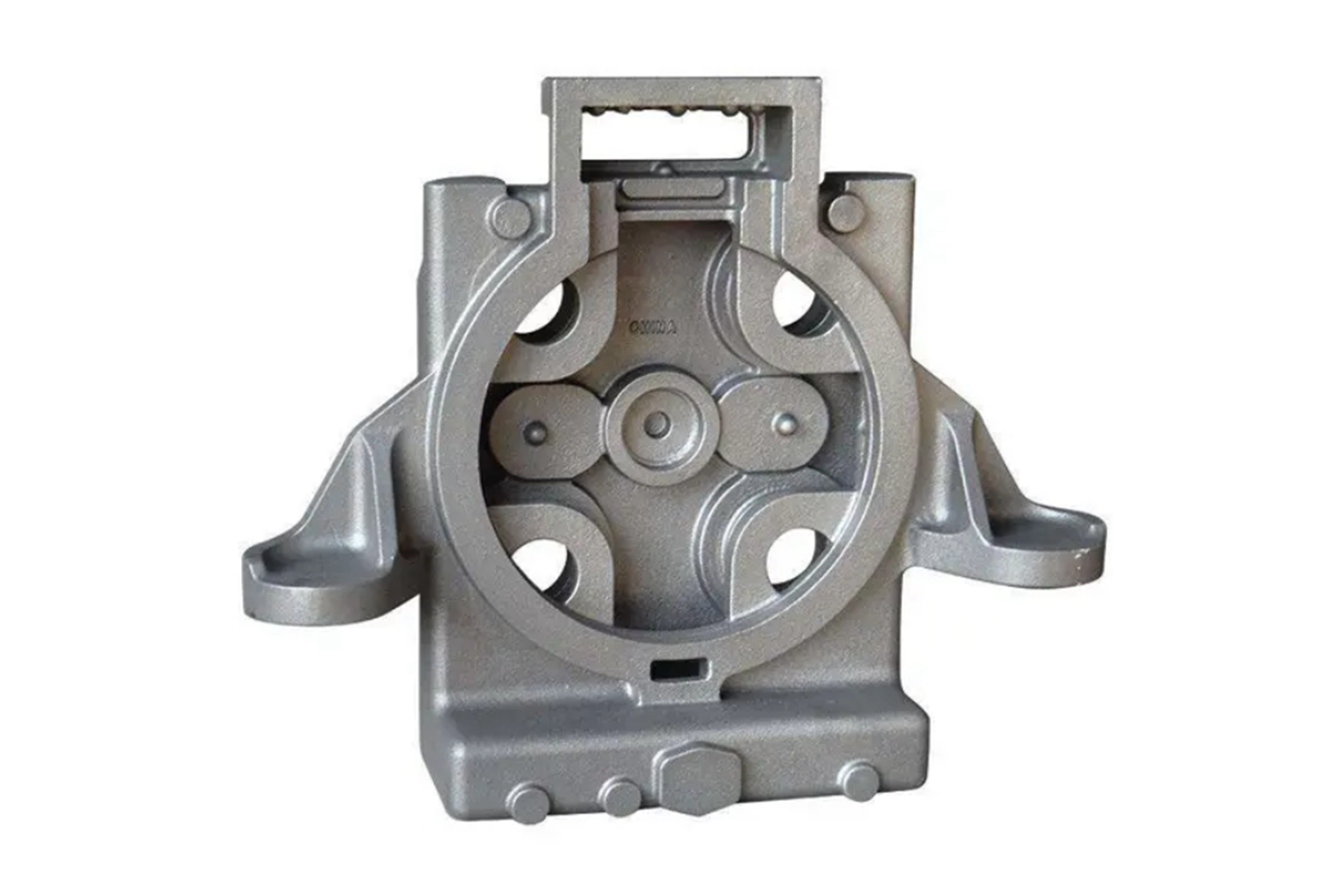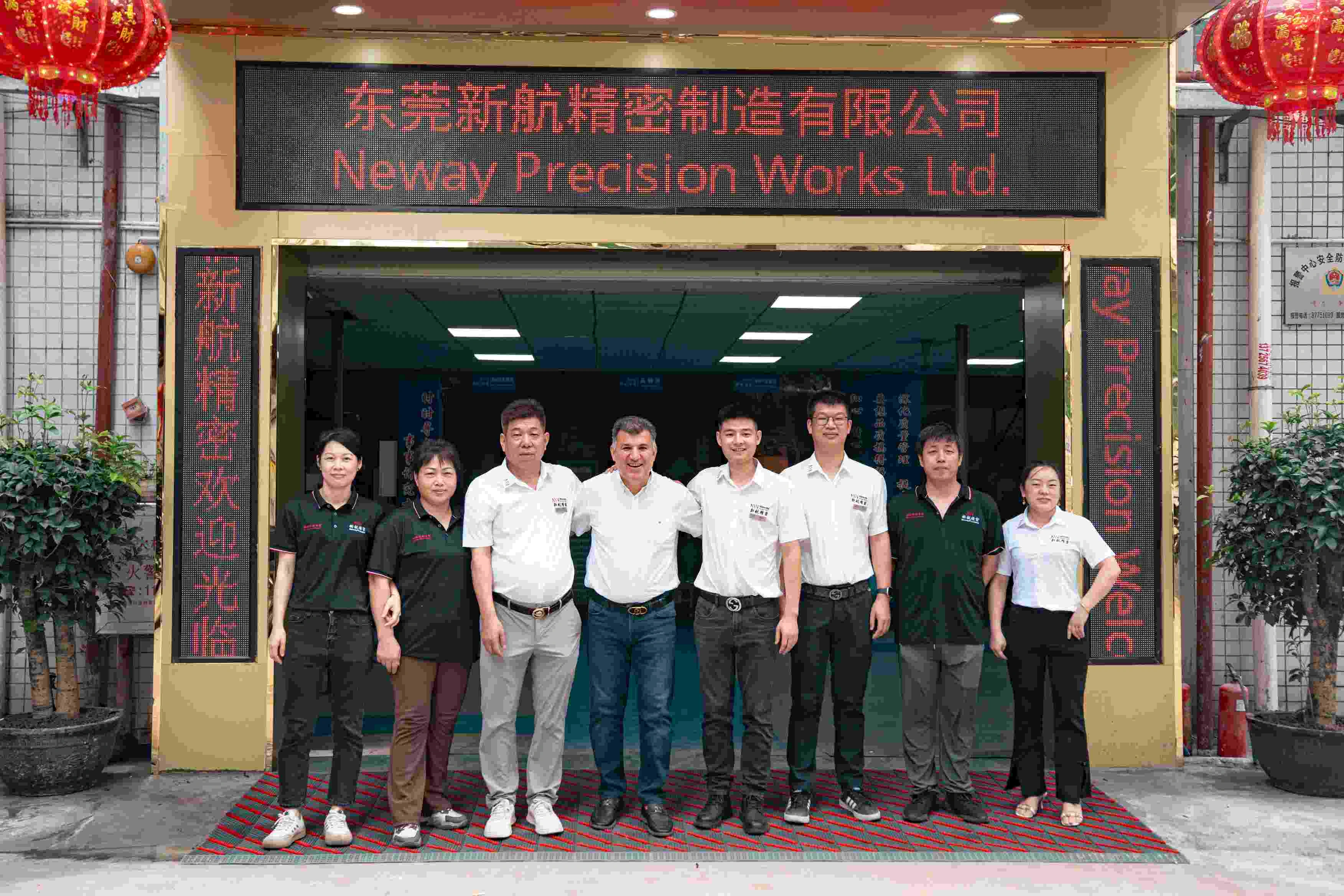Chemical Processing Monel Pump Impellers Equiaxed Crystal Casting
Introduction to Monel Pump Components for Chemical Processing Applications
Chemical processing equipment requires materials capable of resisting highly corrosive media and enduring harsh operating conditions. Neway AeroTech specializes in precision vacuum investment casting of custom Monel alloy pump components, utilizing advanced alloys such as Monel 400 and Monel K500. Our casting technology ensures components achieve outstanding corrosion resistance, mechanical strength, and reliability essential for chemical industry pumps.
Our expertise positions us as a leading manufacturer for critical Monel pump components used extensively in corrosive fluid handling applications.
Core Challenges of Casting Monel Pump Components
Key technical challenges involved in vacuum investment casting of Monel pump components include:
Corrosion Resistance: Ensuring Monel alloys retain resistance to highly aggressive chemical environments through controlled microstructure.
Dimensional Precision: Consistently achieving tolerances within ±0.15 mm for critical pump clearances.
Surface Integrity: Providing uniform, smooth finishes (Ra 3.2–6.3 µm) to improve hydraulic efficiency and prevent fluid erosion.
Material Purity: Maintaining impurity levels below 0.01% during vacuum melting processes (<0.1 Pa).
Detailed Monel Vacuum Investment Casting Process
Wax Pattern Production
Wax patterns produced with precision tooling, ensuring geometric tolerances within ±0.1 mm for intricate pump components.
Ceramic Shell Mold Creation
Multiple ceramic slurry coatings build robust shells (6–12 mm thick), capable of withstanding molten Monel (~1350°C).
Vacuum Melting and Casting
Vacuum induction melting at pressures below 0.1 Pa prevents oxidation, ensuring superior material purity.
Controlled vacuum casting yields high-quality near-net shapes, reducing secondary machining.
Post-Casting Finishing
Ceramic mold removal via mechanical or chemical means.
CNC finishing ensures dimensional accuracy (±0.15 mm) and optimal surface finishes (Ra 3.2–6.3 µm).
Comparison of Pump Component Manufacturing Methods
Manufacturing Process | Precision | Surface Finish | Complexity Handling | Production Efficiency |
|---|---|---|---|---|
Vacuum Investment Casting | ±0.15 mm | Ra 3.2–6.3 µm | High | Moderate–High |
CNC Machining | ±0.005 mm | Ra 0.8–1.6 µm | Moderate | Moderate |
Forging | ±0.2 mm | Ra 6.3–12.5 µm | Moderate | High |
Additive Manufacturing (SLM) | ±0.10 mm | Ra 6.3–12.5 µm | High | Moderate |
Manufacturing Process Selection Strategy
Vacuum Investment Casting: Ideal for complex-shaped Monel pump impellers and housings, ensuring consistent corrosion resistance and precision (±0.15 mm).
CNC Machining: Recommended for critical sealing surfaces and shaft interfaces requiring tight tolerance (±0.005 mm).
Precision Forging: Effective for robust pump casings and larger structural components with acceptable tolerance (±0.2 mm).
Selective Laser Melting (SLM): Suitable for rapid prototyping and intricate internal geometries in pump development.
Monel Alloy Material Performance Matrix
Alloy | Tensile Strength | Yield Strength | Corrosion Resistance | Max Operating Temp | Pump Application |
|---|---|---|---|---|---|
550 MPa | 240 MPa | Excellent (acids, alkalis) | 480°C | Impellers, pump casings | |
1100 MPa | 790 MPa | Superior (seawater, acids) | 500°C | High-load pump shafts, impellers | |
550 MPa | 240 MPa | Excellent (chemical media) | 480°C | Precision pump valves, controls | |
520 MPa | 210 MPa | Excellent (corrosive fluids) | 480°C | Valve seats, internal components | |
500 MPa | 170 MPa | Excellent (highly corrosive fluids) | 450°C | Low-stress pump components | |
480 MPa | 165 MPa | Excellent (acidic environments) | 430°C | Small pump liners, internal parts |
Monel Alloy Selection Strategy
Monel 400: Chosen for pump casings and impellers requiring reliable corrosion resistance in general chemical processing.
Monel K500: Ideal for critical pump shafts and high-performance impellers due to superior mechanical strength (1100 MPa) and enhanced seawater resistance.
Monel R405: Optimal for precision control components within pumps, benefiting from good machinability and stable corrosion resistance.
Monel 450: Preferred for valve seats and internal trim components requiring durability in harsh corrosive fluids.
Monel 404: Selected for low-load pump internals needing maximum corrosion resistance.
Monel 401: Recommended for specialized small components operating consistently in acidic environments.
Key Post-processing Technologies
Heat Treatment: Enhances strength, hardness, and corrosion resistance.
Hot Isostatic Pressing (HIP): Removes internal defects, increasing reliability.
Precision CNC Machining: Ensures tight dimensional tolerances (±0.005 mm) for critical sealing surfaces.
Surface Passivation and Coating: Improves surface corrosion resistance and extends operational lifespan.
Industry Case Study: Monel Pump Components for Chemical Industry
Neway AeroTech supplied precision Monel 400 and K500 pump impellers and casings to a global chemical processing company. Using vacuum investment casting, HIP treatment, and advanced CNC finishing, we ensured exceptional dimensional accuracy (±0.15 mm), superior mechanical strength (1100 MPa for K500), and unmatched corrosion resistance. This significantly improved pump efficiency, longevity, and reliability under severe chemical exposure.
Our extensive experience and high-quality Monel alloy solutions reaffirm our leadership in chemical processing pump component manufacturing.
FAQs
What are your typical lead times for Monel pump components?
Can you provide custom prototypes or small-batch production runs for Monel pump components?
What quality assurance standards and certifications do your Monel pump parts meet?
Do you offer material selection assistance tailored for specific chemical applications?
How do you ensure corrosion resistance and mechanical performance consistency for Monel castings?

